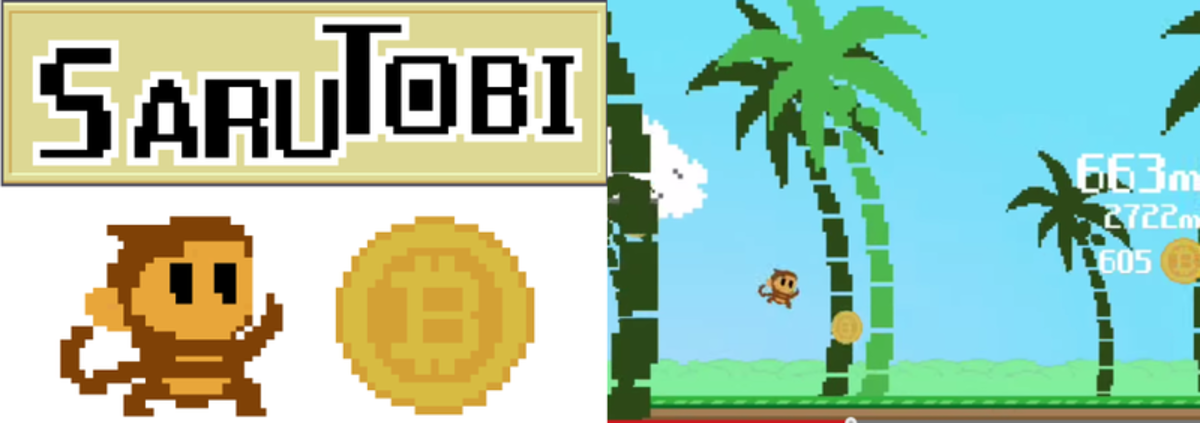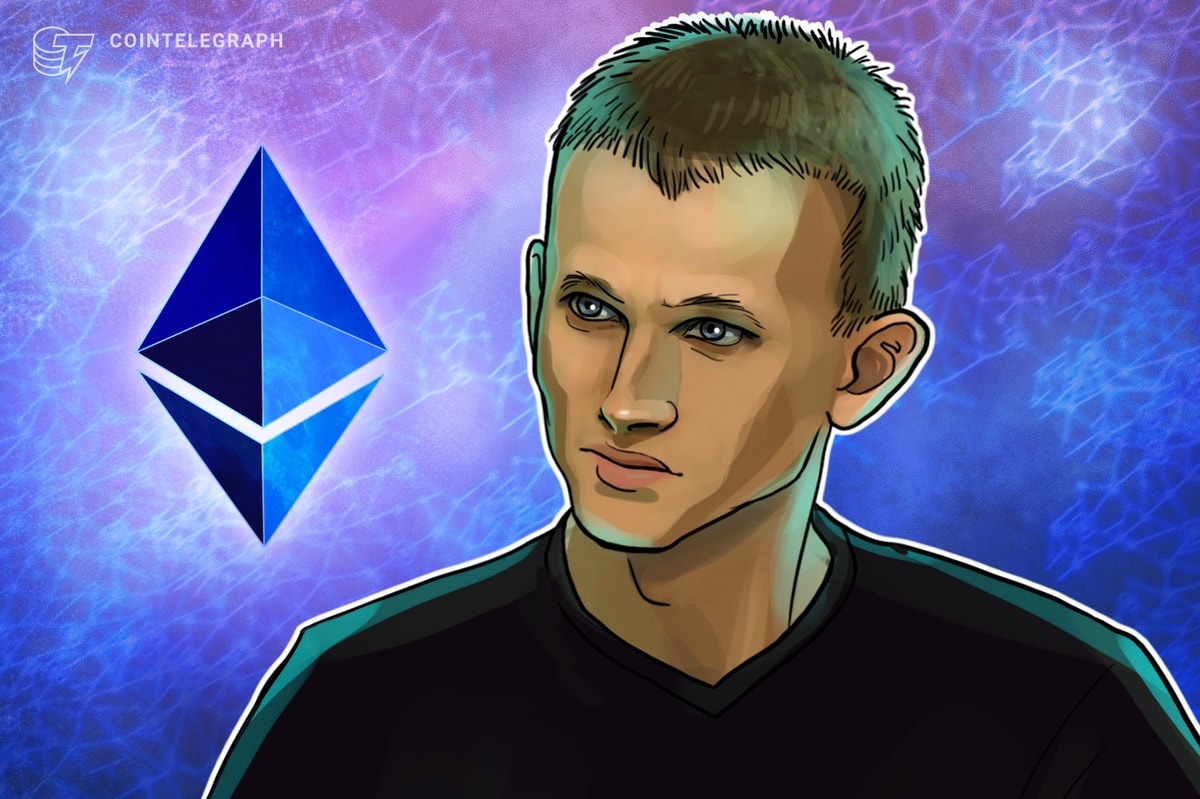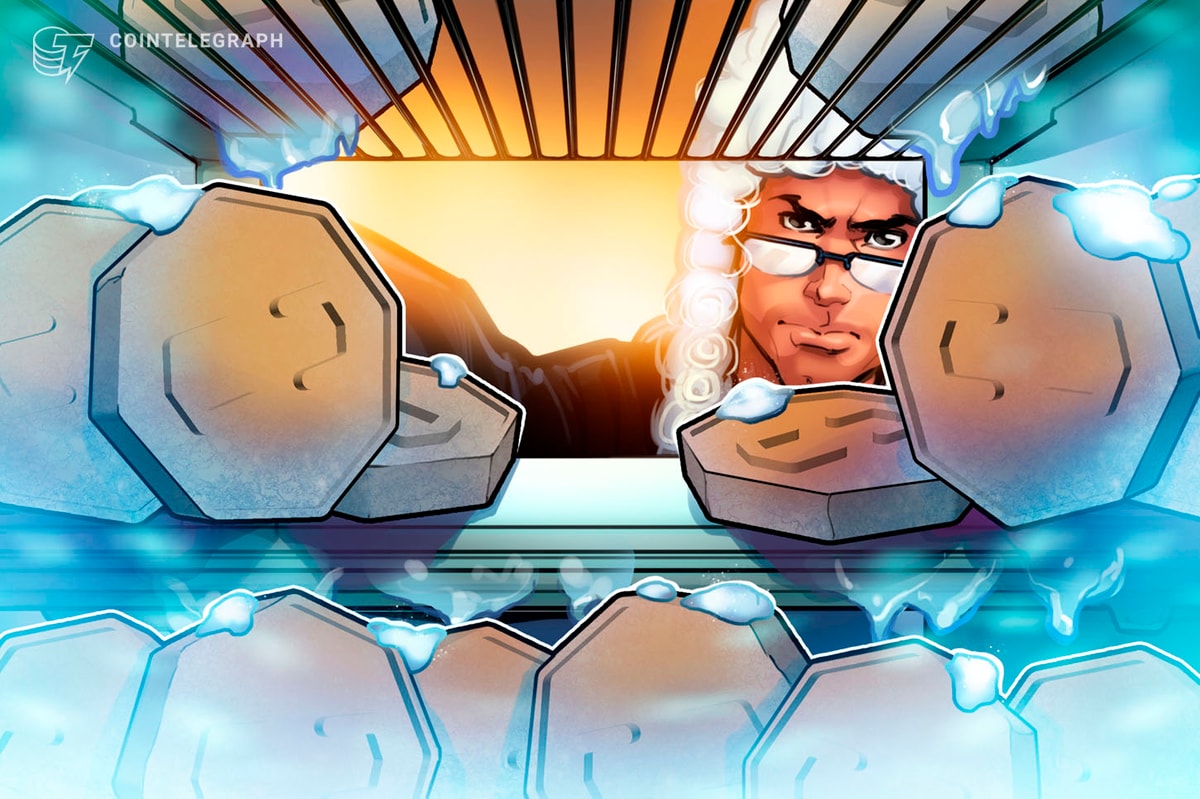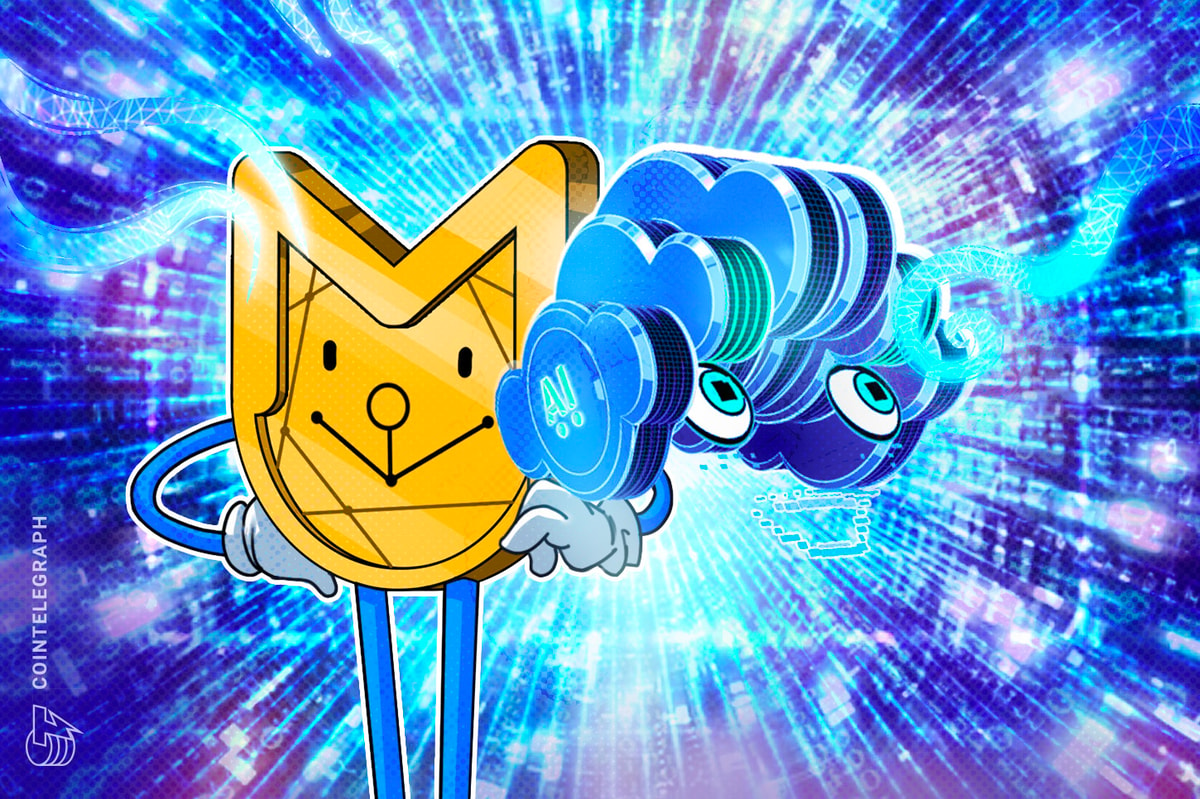
In this interview, we speak to Christian Moss of indie game developers, Mandel Duck, about their upcoming game SaruTobi. This is due for release in mid/late November on iOS devices.
You are Tobi, a monkey living in a jungle. You must swing from your vine, building up momentum before releasing yourself to fly across the retro 8-bit jungle landscape, collecting power-ups to increase your distance and bitcoin tokens as you careen through the air. The game has three main goals – getting the furthest distance, collecting bitcoin tokens to be spent on items, and collecting the letters SARUTOBI to unlock a big coin boost to spend on in-game items.
The gameplay reminds me a lot of the Yeti Sports series of games, and from the videos it looks like a simple, fun game. So I had a chat on Skype with Christian about the game, to find out more about why bitcoin is in the game in the first place, and to see what other plans he has, if any, to utilise bitcoin further in the game.
Jamie McCormick (JMC): So first off, can you tell us a little about SaruTobi? Where does the name come from?
Christian Moss (CM): I have been making games for iOS for the past few years; however they have always been quite complex, in-depth games. SaruTobi was an attempt to make a very simple/addictive game in SWIFT, which I think is a good combination for the mobile platform.
The name SaruTobi is literally Japanese for “Monkey Fly,” and that pretty much sums up the game play; you need to swing a monkey on his vine, build up speed, and see how far he can fly through the air.
JMC: What can SaruTobi do with the bitcoin he collects in the game? Buy bananas?
CM: At the moment Tobi needs to collect bitcoin to buy extra power ups such as rockets and spring boots which will propel him further, but in the future hopefully we can allow the user to earn actual bitcoin.
JMC: How many levels does it have?
CM: SaruTobi is an endless game so it only has one level, and the aim of the game is to swing as far as you can, competing with friends to beat each other’s maximum distance.
JMC: What else can you collect? And what are the items in the game?
CM: The plan for the moment is to get the furthest in the game. There is a second task, which is to collect the letters SARUTOBI; I got the idea from Donkey Kong Country. You can collect them over a few gameplay sessions, as they are spread out sequentially across the map. Getting them all gives you a hefty bonus, which would let you turn off ads, and get enough rockets to last you a while! You can buy bundles of coins via an in-app purchase, though. For future updates, I’d love to try and work bitcoin into the game using donations I receive, but as far as gameplay goes, I now want to get some user feedback and take it from there.
The game does feature ads, which you can disable by earning 90 bitcoin. Each token you collect in the game is worth one bitcoin, so depending on how good you are, it won’t take you too long to do this. I want people to enjoy the game and not be stuck with ads forever, so I have made it reasonable to get rid of them in an achievable timeframe.
JMC: What’s your own high score? And how did you get it?
CM: My current high score is 3,964 meters. As Tobi flies through the air, you can catch rocket power ups mid-flight, which give you a large distance boost. In my case, he swung through the air and I got my angle right, as at the apex he caught a rocket which boosted him for miles. The positions of the rockets change randomly, and you can’t see where they are. I am interested to see how far other players can prove the limit to be, especially if they can do the same with springs or hitting a banana skin on landing.
JMC: What was the hardest thing to develop into the game?
CM: The most difficult thing to develop was getting the physics right. The physics of swinging on a rope are quite different to what you’d expect, so when you’re swinging as Tobi, getting this feeling right took some time. The first time we modeled a rope properly, but we couldn’t get any momentum up, and if you boosted at the wrong time you’d lose all your momentum. So we had to simplify this to get it right.
JMC: Why have you given Tobi the task of collecting bitcoin instead of something else?
CM: Why not? I planned to implement an in-game currency when it suddenly dawned on me to use bitcoin.
Bitcoin is a stateless currency and therefore is perfect for international use, I guess you could call it the people’s currency – a player in Africa is going to feel just as at home with it as a player in America or the UK. Although bitcoin is becoming more mainstream, the vast majority of people are still very unfamiliar with it. I’m hoping by working bitcoin into popular games, it can help raise public awareness and get people to start looking into the crypto currency.
Lastly, using bitcoin in your game can open up a range of features that is currently not possible with conventional payment systems.
JMC: Are players able to make purchases in-game with bitcoin, or earn bitcoin from playing it?
CM: This is where we would like to go. Currently Apple has been very strict with regards to bitcoin and its usage – specifically, in-app purchases must use Apple’s framework so they can receive 30. However, this does not seem to apply to donations, and hopefully before Christmas we will implement some kind of real bitcoin transacting with the game. This may allow users to donate bitcoin to be held in the game address; the best players may be able to receive bitcoin as a reward for getting a highscore, etc.
JMC: Do you have plans to further develop the game?
CM: At the moment the game only uses bitcoin in name only, and the coins you collect are completely in-game. However, we have plans to allow the user to collect/earn actual bitcoin, which I believe is made possible with the use of micro transactions, a concept that only bitcoin allows developers to do, i.e., for every coin a user collects he can receive 1 bit to their address.
JMC: Do you have any plans to release the game on other platforms?
CM: Most definitely. Apple are very strict with bitcoin, and other platforms such as Android are completely open. However, I am a strong believer that we can’t leave iOS users behind. Earlier this year when Apple banned bitcoin wallet apps, our app “Bity” was the only Apple approved app that allowed bitcoin transactions; shortly after its release Apple opened the flood gates, retracting its restriction against such apps. We hope we can do something similar with SaruTobi.
We are currently seeking extra funding to recruit an Android and HTML 5 developer so we can bring the game to other platforms, and have the wallet 1DUuk9AvMzBbsdazNTQsyVCy1xX2GdnSK4 set up for this.
JMC: Your team is spread across the UK, Australia and Japan; how does that work out?
CM: One of the advantages with creating 2D physics games is they don’t require a big team; it’s very easy to [develop] the game with one or two people. Currently I perform the majority of the coding whilst I have a few illustrators in the UK and Japan who I can work with for design.
JMC: Do you have a personal interest in bitcoin?
CM: I have a miner in the corner of my apartment. I started out of interest because the company I work for made a bitcoin related app. I then bought some bitcoin and used this to purchase a miner from Butterfly Labs. It was a 25ghs miner, which I overclocked up to 30ghs. I ordered in December 2013 from stock. It was profitable for a while, just about made the bitcoin back I put in. I then pre-ordered a Monarch miner and cloud mining service. These never came. Butterfly Labs refunded me based on the dollar price, so I actually got refunded more bitcoin than I originally spent, as the price had changed from $1000 to $400 between the two times.
JMC: What led you to combine your interest in games with your interest in bitcoin?
CM: Bity is still doing well, and more aimed at people with paper wallets and bitcoin in cold storage. But I can’t compete with big payment players in the field. Games are how I started with iOS development, and Apple released SWIFT in September, which I had to learn for my job. So I made a few games, and I wanted to make a simple addictive game, and was thinking I could put some sort of coin in there. And if I’m going to use any coin, why not use bitcoin.
If the app was popular and people were playing it, they could learn about bitcoin as there’s a link to send to the about bitcoin section on bitcoin.com, to help it get into the mainstream. I’m not sure how Apple will take it, but after the game is approved, I’ll see what I can get away with. At the moment in iOS apps, it’s impossible to charge anything less than about a dollar, and Apple takes 30 of this automatically. But I thought that in SaruTobi, once it’s up and running, I can take donations, and then in a later update, redistribute them by giving satoshi to do tasks and collecting coins in-game, and it potentially could open up some new features that the games scene hasn’t seen before. The whole concept of micropayments and the tipping scene is very interesting to me.
I found with Bity that I did quite well with optional donations. I was surprised by how many people sent me donations; one person even sent me about $2,000 dollars worth of bitcoin out of the blue!
JMC:If someone wanted to put ads for bitcoin products in the game, could they?
CM:We use iAds at the moment, but if people wanted to advertise their product in the game, it’s technically possible after discussions with the right people! I have done it for some of my older apps, and would be happy to do it again.
JMC:Finally, do you have any messages to Bitcoin Magazine readers
It’s slated for release in mid-late November. If you want to be notified of the release, you can follow us on facebook.com/mandelduck










